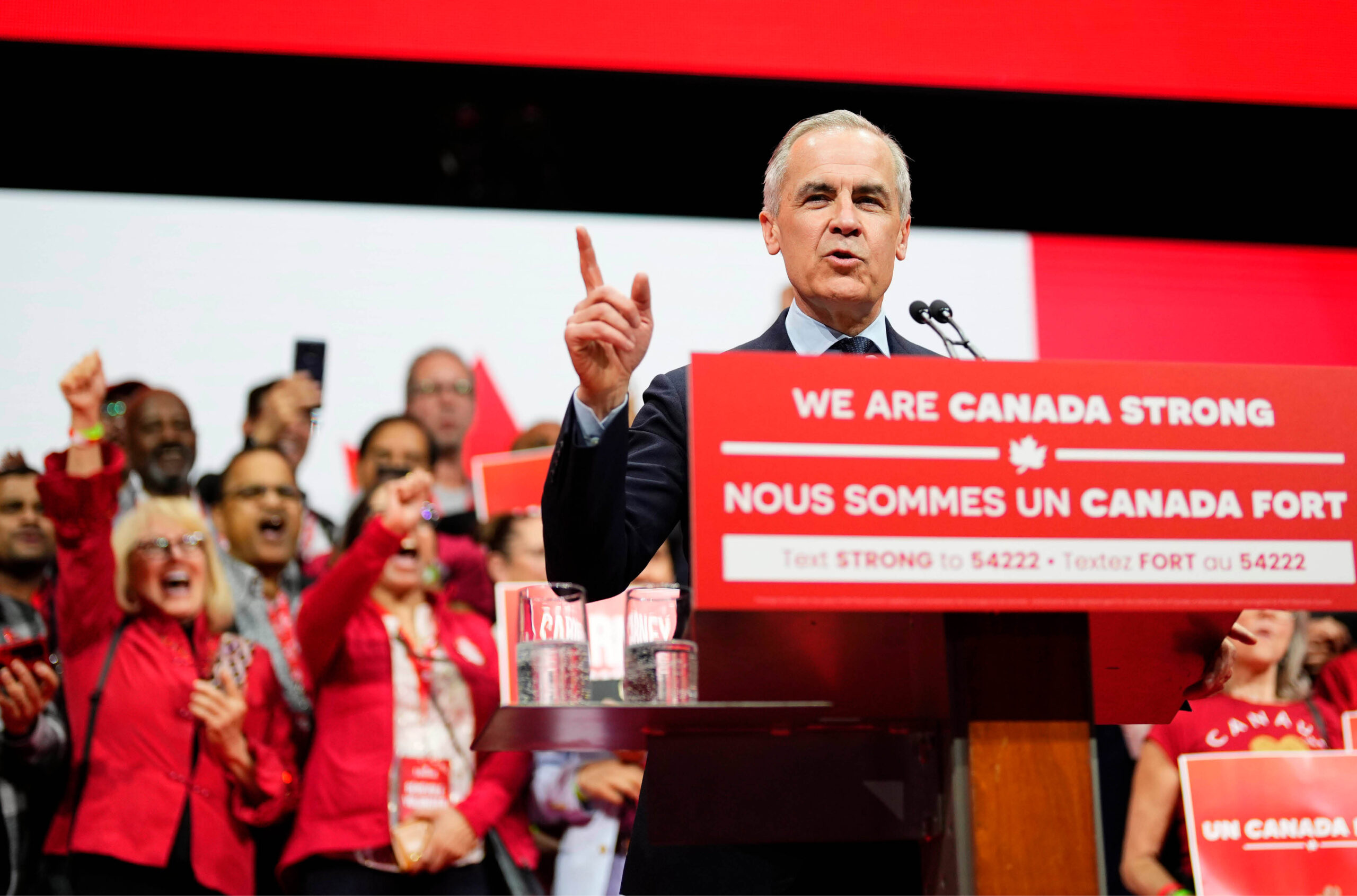We can no longer justify Canada’s ill-conceived superclusters
As the 2021 federal budget looms, the time of “made-in-Canada Silicon Valleys” has passed.

As the Liberal government kicks off consultations on the 2021 budget, which Finance Minister Chrystia Freeland has described as “among the most significant of our lifetime”, there will be no shortage of lobbyists promising to deliver job creation and economic impacts – even among those whose track records are suspect.
Consider the ill-conceived and poorly managed federal superclusters program. The Logic has recently reported that three out of the five recipients of the intended $950 million in federal funding over five years have started lobbying the federal government to continue the funding.
The audacity of the request is impressive. Just last October, the Parliamentary Budget Office showed that the superclusters were underperforming in every respect. Not only were they not meeting their purported goals in terms of economic impacts, but they were also not even managing to spend their funds according to their plans, which is a very low bar for gauging the effectiveness of a publicly-supported organization. The bad publicity following the release of the PBO report apparently worked some magic. Now, three of the superclusters are reportedly set to spend all of their budgets two years ahead of time.
From the beginning, lack of planning and effective management undermined what was meant to be a signature innovation initiative of the Liberal government. The superclusters evolved amidst hyperbolic rhetoric and flashy TED-talk style announcements promising fantastical results, pragmatic political expediency spreading the money around the country, and opaque administration of processes and results. Three years on, unable to make a credible case for economic impacts that were promised in their original proposals, there is little case to be made for this initiative ahead of the 2021 budget.
Would the new Minister of Innovation, Science and Industry François-Philippe Champagne have the courage to repeat the heady claims of former Minister Bains that we would create “Made-in-Canada Silicon Valleys”? Probably not. This is not a matter of summarily condemning the superclusters before enough time has passed to allow their impacts to be felt and properly measured. The problem lies deeper. The program was not designed to carefully and transparently monitor and evaluate results, demonstrating to the public that the nearly $1 billion in federal funding was put to good use. It is one thing to make some risky bets on a handful of projects counting on the possibility of high returns in a few; it is another to decide not to set clear and rational metrics for what those risks and returns might be to begin with, and to let applicants run wild with promises.
In the terrain of high public spending/high deficit we are in, there is simply no excuse for insisting on wishful thinking. With needs aplenty, resources will need to be allocated judiciously, lest we dig a much deeper fiscal hole than strictly needed. The Liberals were able to move decisively in 2020 on a number of pandemic related initiatives, with certainly more to come in the upcoming budget. It is time they use the same sense of urgency and responsibility to decide on what to let go in the next budget. The time to end daydreaming about made-in-Canada Silicon Valleys to justify funding for superclusters has passed.
Featured Jobs
- Chaire de recherche du Canada, niveau 2 sur l'inclusion dans l'éducation de la petite enfanceUniversité du Québec à Trois-Rivières (UQTR)
- Political Science - Assistant Professor (Political Theory)Saint Mary's University
- Business - Assistant Professor (Digital Technology)Queen's University
- Psychology - Assistant Professor (Clinical Psychology)Queen's University
- Division Chair/Division Head/Chief and Academic Vascular SurgeonWestern University

















Post a comment
University Affairs moderates all comments according to the following guidelines. If approved, comments generally appear within one business day. We may republish particularly insightful remarks in our print edition or elsewhere.